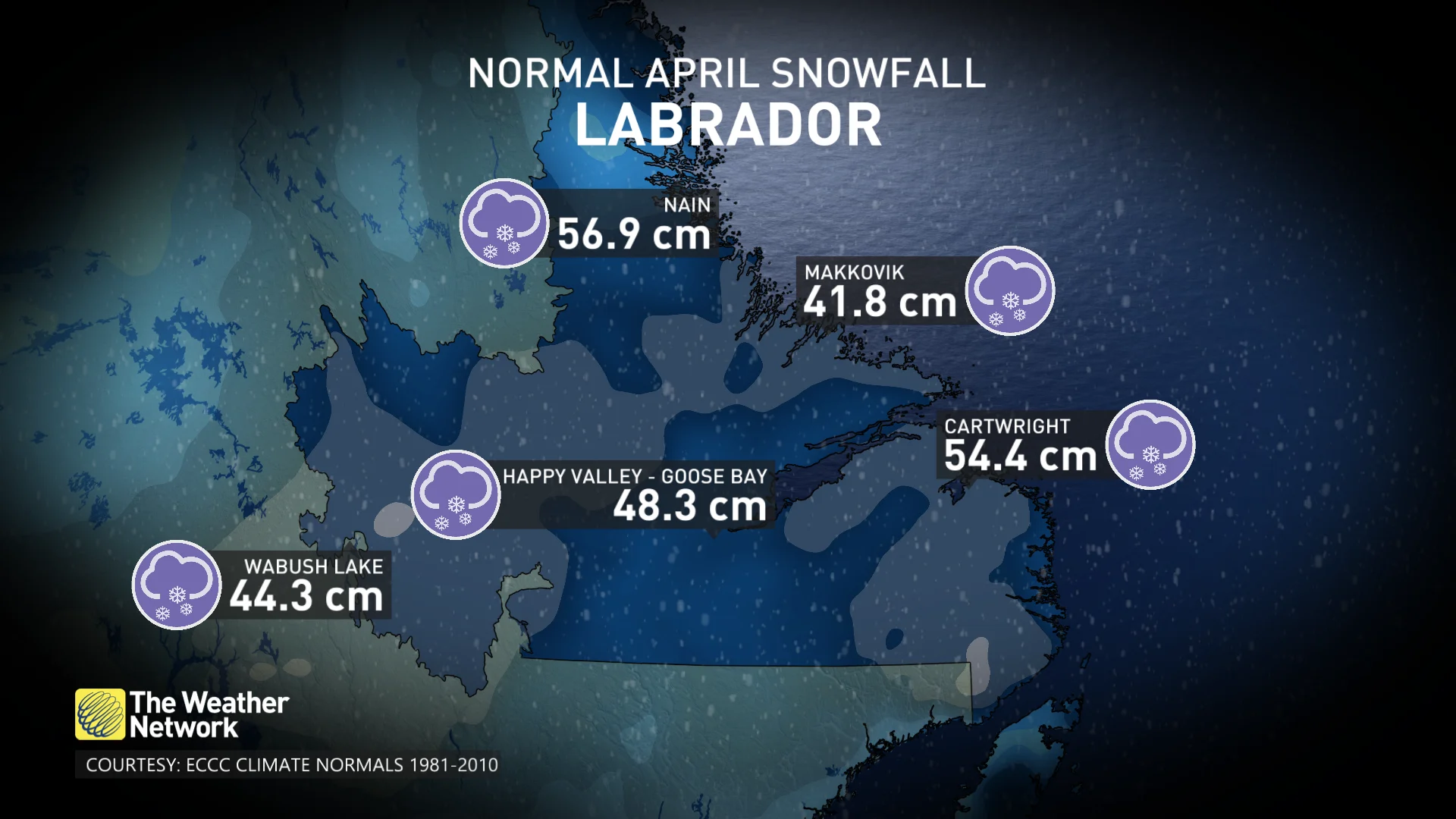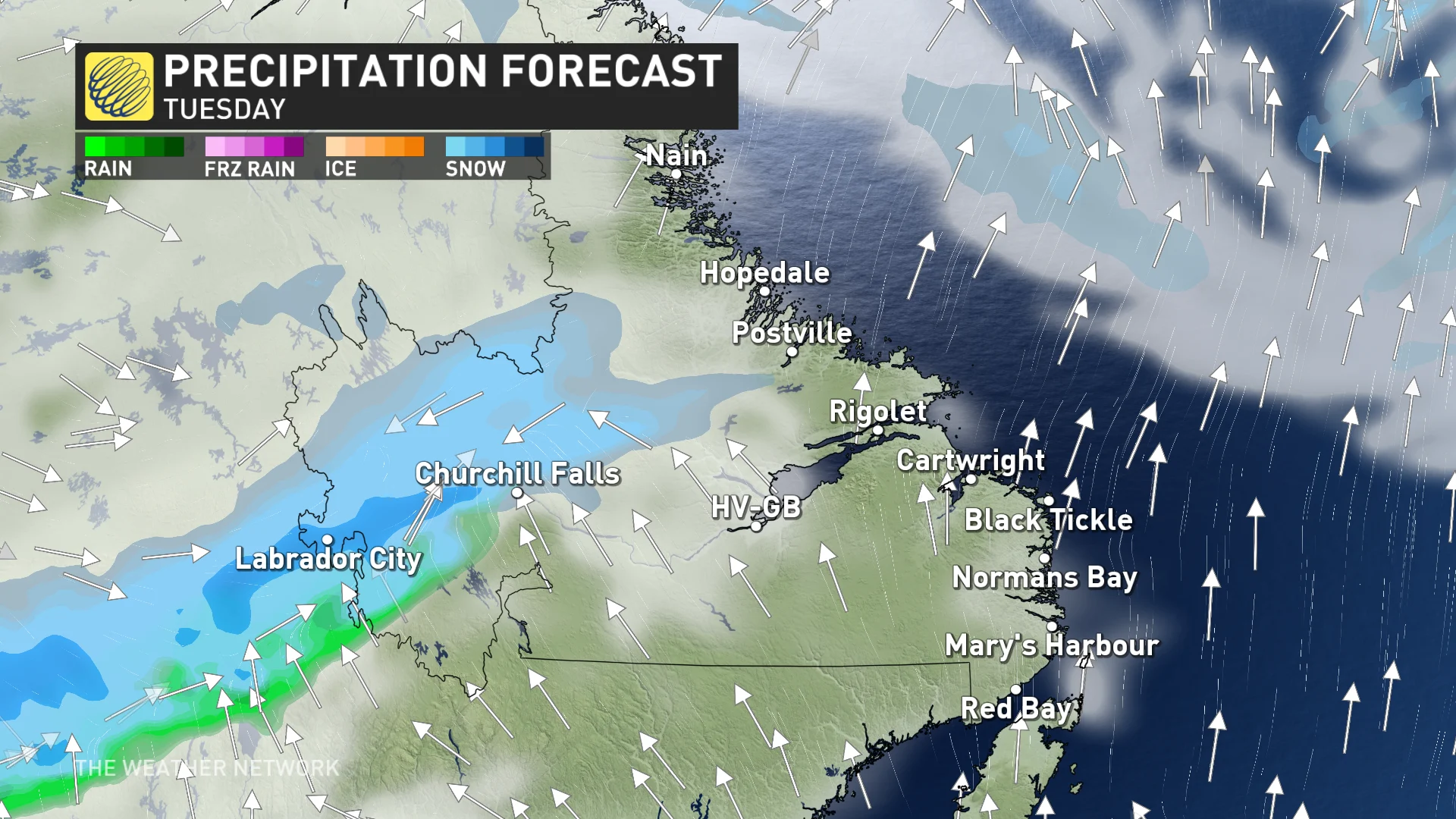News
Canadian travel restrictions extended until Halloween

|
|
Canada is once again extending travel restrictions to foreign travellers as cases of coronavirus continue to rise.
A new Canadian government Order in Council states that coronavirus travel restrictions will be extended until Halloween, on October 31.
Canada initially closed its borders from March 18 to June 30. Since then travel restrictions have been rolled over on a month-by-month basis.
The border is closed to foreign travellers who are coming to Canada for a non-essential reason such as recreation, tourism, or entertainment.
Some people are exempt from travel restrictions, such as:
- Canadian citizens (including dual citizens) or permanent residents;
- certain people who have been approved for Canadian permanent residence;
- certain temporary foreign workers;
- certain international students;
- protected persons;
- immediate family members of Canadians; or
- anyone else who falls under the exemptions listed on the government’s webpage.
Everyone who crosses the Canadian border must still quarantine for 14 days. The only exemptions to the mandatory quarantine requirement are:
- crew members;
- people invited by the health minister to help with the COVID-19 response, and other healthcare workers;
- members of visiting forces who are coming to work;
- people coming to receive medical services within 36 hours of their arrival;
- crossing the border in a trans-border community;
- people crossing into Canada aboard a “vessel” for the purposes of research, as long as they stay on the vessel; and
- other circumstances listed in the Order in Council.
Canada has a separate order in place that has also limited cross border travel between it and the U.S. since March. This order was also extended again earlier this month.
The decision to extend Canada’s travel restrictions come as no surprise in light of the rising COVID-19 cases in Canada and abroad.
Canada was able to successfully flatten the coronavirus curve from late May until August.
However, COVID-19 cases have been steadily increasing since late August.
Canada’s largest provinces, Ontario and Quebec, have announced stricter measures in recent days to try and reduce the significantly higher levels of COVID-19 cases they have experienced over the past month.
Canada is still issuing new permanent residence invitations throughout the pandemic.
These invitations are being issued to individuals currently in Canada as well as those abroad, although the number of individuals completing their permanent residence landing in Canada is much lower than usual due to the pandemic.
In addition, the travel restrictions stipulate that only those who received their permanent residence approval prior to March 18 are currently eligible to travel to Canada.
As such, Canada’s ongoing Express Entry and Provincial Nominee Program (PNP) draws are meant in part to facilitate the arrival of immigrants in support of Canada’s economy after the pandemic.
In a speech last week, the Canadian government stated it plans to continue to welcome global talent to drive the country’s economic growth.
Two major events in October will provide more clarity on the Canadian government’s immigration plans following the pandemic.
Canada’s immigration minister Marco Mendicino has made a series of remarks throughout the pandemic suggesting that immigration will be vital to Canada’s economic recovery.
Since 2015, Prime Minister Trudeau and the Liberal government have regularly and widely championed immigration to Canada and the welcoming of refugees. Now, …
Find out if you are eligible for Canadian immigration





News
Peel police chief met Sri Lankan officer a court says ‘participated’ in torture – Global News
The head of one of Canada’s largest police forces met with a Sri Lankan inspector general of police who two weeks earlier had been found by the South Asian country’s highest court to have “participated in the torture” of an arrested man.
Photos published by Sri Lankan media, including the Ceylon Today, an English-language daily newspaper, show Peel Regional Police Chief Nishan Duraiappah in uniform posing alongside senior Sri Lankan officers on Dec. 29, 2023 at police headquarters in the capital Colombo – a visit a Peel police spokesperson says Global Affairs Canada and the RCMP had been made aware of ahead of time.
One of the law enforcement officials in the photos was the inspector-general of Sri Lankan police, Deshabandu Tennakoon, who earlier that month was ordered to pay compensation for taking part in “mercilessly” beating a man.
Peel Regional Police Chief Nishan Duraiappah signs a guestbook at Sri Lankan police headquarters in Colombo, as the country’s inspector general Deshabandu Tennakoon stands behind him. Sri Lanka’s Supreme Court found he took part in the torture of an arrested man. (Credit: Ceylon Today).
Ceylon Today
On Dec. 14, 2023, Sri Lanka’s Supreme Court ruled Tennakoon was involved in the brutal arrest of a man suspected of theft, holding him in what the court called the “torture chamber” of the police station for more than 24 hours, striking and suffocating him, and rubbing chili powder on his genitals.
Dr. Thusiyan Nandakumar, a physician who also runs the London, U.K.-based outlet the Tamil Guardian, called it a “stain on Canada’s reputation.”
“To see someone of (Duraiappah’s) stature receive a guard of honour from that very same institution that’s responsible for so many abuses was shocking, to say the least,” Nandakumar said.
Duraiappah declined Global News’ request for an interview. In a statement, a Peel Regional Police spokesperson called his trip to Sri Lanka “personal” and said there is “no ongoing initiative or collaboration between Peel Regional Police and any organization in Sri Lanka.”
Peel Regional Police Chief Nishan Duraiappah wears his uniform and walks by Sri Lankan soldiers in a visit Peel police describe as a “personal” trip. (Credit: Ceylon Today).
Ceylon Today
Duraippah was photographed multiple times during his visit wearing his Peel police uniform.
Rathika Sitsabaiesan – a former NDP MP and Canada’s first Tamil member of Parliament – says when someone wears a uniform, “you’re representing the organization for which you are the chief.”
Duraippah is the only police chief of Sri Lankan descent outside the South Asian nation, according to Peel police, which operates in Mississauga and Brampton, Ont.
“(It’s) very harmful to me as a Canadian, as someone who grew up in the region of Peel, and all the people who continue to live in Peel and who identify as Tamil, in my opinion,” Sitsabaiesan said.
The Peel spokesperson said Duraiappah accepted an invitation from Sri Lankan police officers while he was on a family vacation to the country of his birth.
More on Canada
The spokesperson would not confirm when asked if Duraiappah had met directly with Tennakoon beyond the photos, which show them holding a plaque together and Tennakoon standing behind Duraiappah while he signed a guestbook.
It’s not clear whether the event photographed was the only meeting or whether any additional ones were held, including whether Duraiappah and Tennakoon met outside of the moment they were photographed together.
Another Peel spokesperson added that “the Chief discussed the requests for meetings received with Global Affairs Canada and the RCMP.”
The RCMP says the force provided information to Duraiappah about Tennakoon, including about the recent court ruling, ahead of time.
“The Government of Canada did not organize the visit, which was considered a personal visit. However, given the RCMP’s close working relationship with Peel Regional Police, the RCMP Liaison Officer for Sri Lanka offered to facilitate Chief Duraiappah with arrangements involving police agencies in Sri Lanka,” an RCMP spokesperson said in response to questions from Global News.
“Information was provided to Chief Duraiappah for his situational awareness about recent developments in Sri Lanka, including the Sri Lankan Supreme Court’s ruling on Chief Tennakoon.”
Global Affairs Canada also said the visit was “personal.”
“The Government of Canada did not organize the visit” and “as is customary for meetings with high-level officials, staff from the High Commission of Canada to Sri Lanka accompanied the Chief as a courtesy,” Global Affairs Canada spokesperson Marilyn Guèvremont said.
Sitsabaiesan says “alarm bells should have gone off” given the country’s human rights record.
In October 2022, Canada adopted a United Nations Human Rights Council resolution calling on Sri Lanka to address the “human rights, economic and political crises” in the country.
The following year it sanctioned four government officials for “human rights violations on the island” and commemorated the Tamil Genocide Remembrance Day for the first time – marking the deaths of tens of thousands of Tamils during the country’s 26-year civil war.
“Canada is well-versed in the crimes that took place. It’s not something that Ottawa is blind to,” Nandakumar said.
While it’s not unusual for western officers to visit, collaborate or train police forces in developing countries, some have recently distanced themselves from Sri Lankan authorities.
In 2021, Scotland ended its training program for officers in the country over allegations of human rights abuses.
In January of this year, the United Nations criticized Sri Lankan police for their “heavy handed” anti-drug crackdown, with reports of arbitrary arrests, torture and public strip searches.
Tennakoon’s recent appointment as police chief shows “much about how law enforcement authorities in the island operate with impunity,” Neil DeVotta, an expert on South Asia and politics professor at Wake Forest University in North Carolina, said in an e-mail to Global News.
Nandakumar says the Peel chief’s visit to the Sri Lankan police headquarters raises questions about judgement.
“When a senior Canadian official goes to meet with forces accused of such egregious crimes … to see something like that take place, it was very disconcerting.”
“I think an apology is needed,” he said.
News
Body believed to be missing B.C. kayaker found in U.S., RCMP say – CBC.ca


The RCMP say a body that was recovered by authorities in Washington state is believed to be one of two kayakers reported missing off Vancouver Island on Saturday.
Const. Alex Bérubé said the identity of the body found on San Juan Island, just south of the border, is still to be confirmed by the coroner.
A search has been underway in the waters off Sidney, B.C., about 25 kilometres north of Victoria, since the two kayakers were reported missing.
RCMP previously said Daniel MacAlpine, 36, and Nicolas West, 26, went missing while kayaking from D’Arcy Island to View Beach on Saturday afternoon. They were in a teal blue, fibreglass, two-person kayak.
Police said members of the Central Saanich Police Department and Peninsula Emergency Measures Organization search and rescue were involved in the search, and the Joint Rescue Co-ordination Centre and Canadian Coast Guard were also assisting.
News
Some Canadians will be digging out of 25+ cm of snow by Friday – The Weather Network
Digital WritersThe Weather Network


Prepare for multiple rounds of April snowfall this week, as Labrador braces for wintry conditions. This onslaught of snow is expected to blanket the region, potentially leading to hazardous travel conditions and disruptions throughout the week
As we march even deeper into the heart of the spring season, many parts of Canada are finding it tough to find any consistent signs of warming weather. Add to the mix periods of snow and wintry precipitation, and it’s safe to say the winter season is certainly not going out without a strong fight.
This week, parts of the East Coast will bear the brunt of the winter weather, with multiple rounds of April snowfall stacking up in Labrador. The chances for snow flurries will stick around all week long, bringing as much as 25 cm for some.
MUST SEE: Extreme pattern over Arctic produces 50+ degree temperature spread
Although 25+ cm of snow in April may seem extreme, for this part of the country, it’s definitely nothing out of the ordinary. In fact, the month as a whole brings about 40-50 cm of snow to Labrador on average.


Some communities, including Nain, even have snowfall chances stretch all the way into June!
“This week will be a little bit different however, as some regions could reach about half of Labrador’s monthly averages alone,” says Rachel Modestino, a meteorologist at The Weather Network. “The first round on Tuesday will pack quite the punch, with heavy snow and gusty winds stretching from Labrador city to the coast.”


Winds will be gusting between 70-90 km/h at times, and travel conditions will likely deteriorate quickly due to potential whiteouts and reduced visibility.
-



 Health2 hours ago
Health2 hours agoRemnants of bird flu virus found in pasteurized milk, FDA says
-
Art8 hours ago
Mayor's youth advisory council seeks submissions for art gala – SooToday
-



 Science16 hours ago
Science16 hours ago"Hi, It's Me": NASA's Voyager 1 Phones Home From 15 Billion Miles Away – NDTV
-
Art20 hours ago
Made Right Here: Woodworking art – CTV News Kitchener
-
News14 hours ago
Some Canadians will be digging out of 25+ cm of snow by Friday – The Weather Network
-
Real eState19 hours ago
Caution about Canada's private real estate sector abounds as valuations slow to adjust – The Globe and Mail
-



 Sports17 hours ago
Sports17 hours agoAuston Matthews turns it up with three-point night as Maple Leafs slay Bruins in Game 2 – Toronto Sun
-
Media13 hours ago
Jon Stewart Slams the Media for Coverage of Trump Trial – The New York Times












